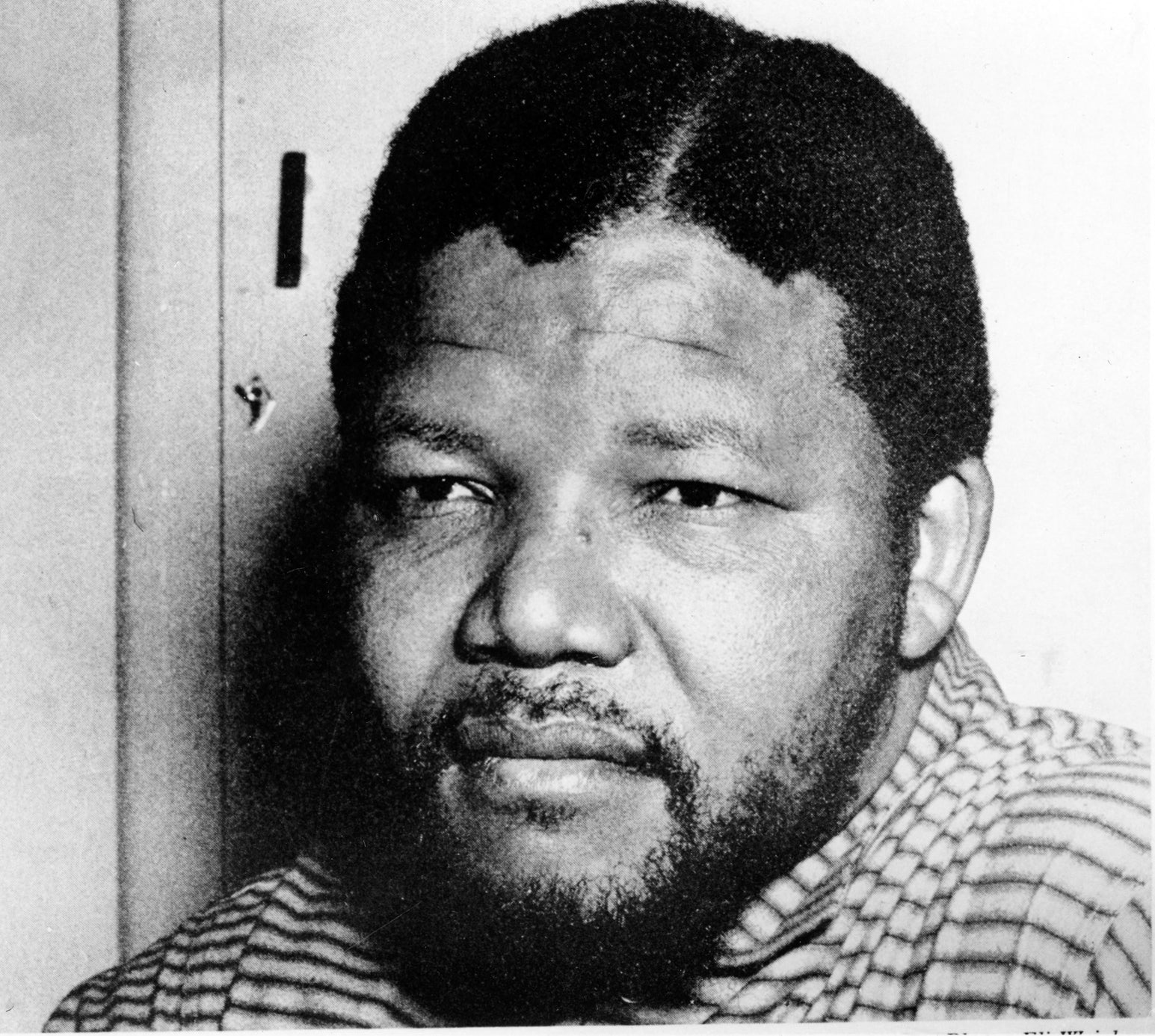What is terrorism – a personal definition.

The Oxford Reference dictionary defines terrorism as:
“The calculated use of violence or threat of violence to inculcate fear. Terrorism is intended to coerce or intimidate governments or societies in the pursuit of goals that are generally political, religious, or ideological.”
On the face of it this seems like a reasonable definition but, as we have seen in numerous examples over the last century, it is a definition that fails in the face of the complexities of asymmetric warfare and the involvement of irregular armies in conflicts of liberation or civil war. We all have to draw our own definitions of what constitutes a terrorist act and that doesn’t only fall to individuals but also to the institutions of society and government. Some of these have notably failed recently in applying what might be considered a ‘common sense’ approach and, as a result, have come in for a great deal of justified criticism.
So how do you define terrorism in the modern age? If the definition is too broad then it ends up encompassing those organisations that we historically have considered to be ‘freedom fighters’ or resistance groups fighting against oppression or extinction. Should the French Resistance or the Polish Underground in WW2 be considered terrorists because they were fighting the only way they could – by ambush, bombings and assassination? Certainly the Germans regularly referred to them as terrorists. And yet we would shirk from defining them as such today. Is that only because ‘our side’ won and so we get to pick and choose?
I would like to suggest an alternative definition, based not wholesale on organisations but on the specific acts they undertake.
I would suggest that any specific targeting of civilians either with the intent of doing them harm or of using them to force opponents to make concessions is terrorism. This would not include the accidental deaths or injuries of civilians where reasonable care has been taken to avoid such casualties but any attack which is either targeted against civilians or which does not attempt to minimise them is a terrorist attack.
By extension of course I would suggest that any attack on military forces is not a terrorist attack so long as it does not result in casualties amongst the civilian population.
This does of course raise a few questions that need to be addressed.
Can Governments and regular military forces be guilty of terrorism? Well yes but the question is moot. We already have rules covering the behaviour of Governments and their militaries during war – these are War Crimes and Crimes against Humanity. They should be regarded in the same light – or worse – than terrorism and treated in the same way.
What of civilian police forces? My view would be that, if they are armed and being used in support of military actions then attacks on them should not be regarded as terrorism. The same goes for militias.
Under these definitions many, but not all, of the attacks by the various paramilitary groups during the Troubles would be regarded as terrorism. Clearly the actions of Hamas on October 7th should be defined as terrorism and it is still inexplicable that the BBC fails to do so.
Obviously there is plenty of nuance to be added to this definition and it might be difficult at times to apply it in any and all cases (the execution of collaborators in WW2 or attacks on civilians who are armed only for self-defence as is the case in much of Israel?).
But I do think that the basic definition – attacks on civilians are terrorism, attacks on military targets are not – serves as a useful starting point and has the potential to clarify a lot of the arguments about terrorists vs freedom fighters.
Define the act first rather than the person.
Richard Tyndall